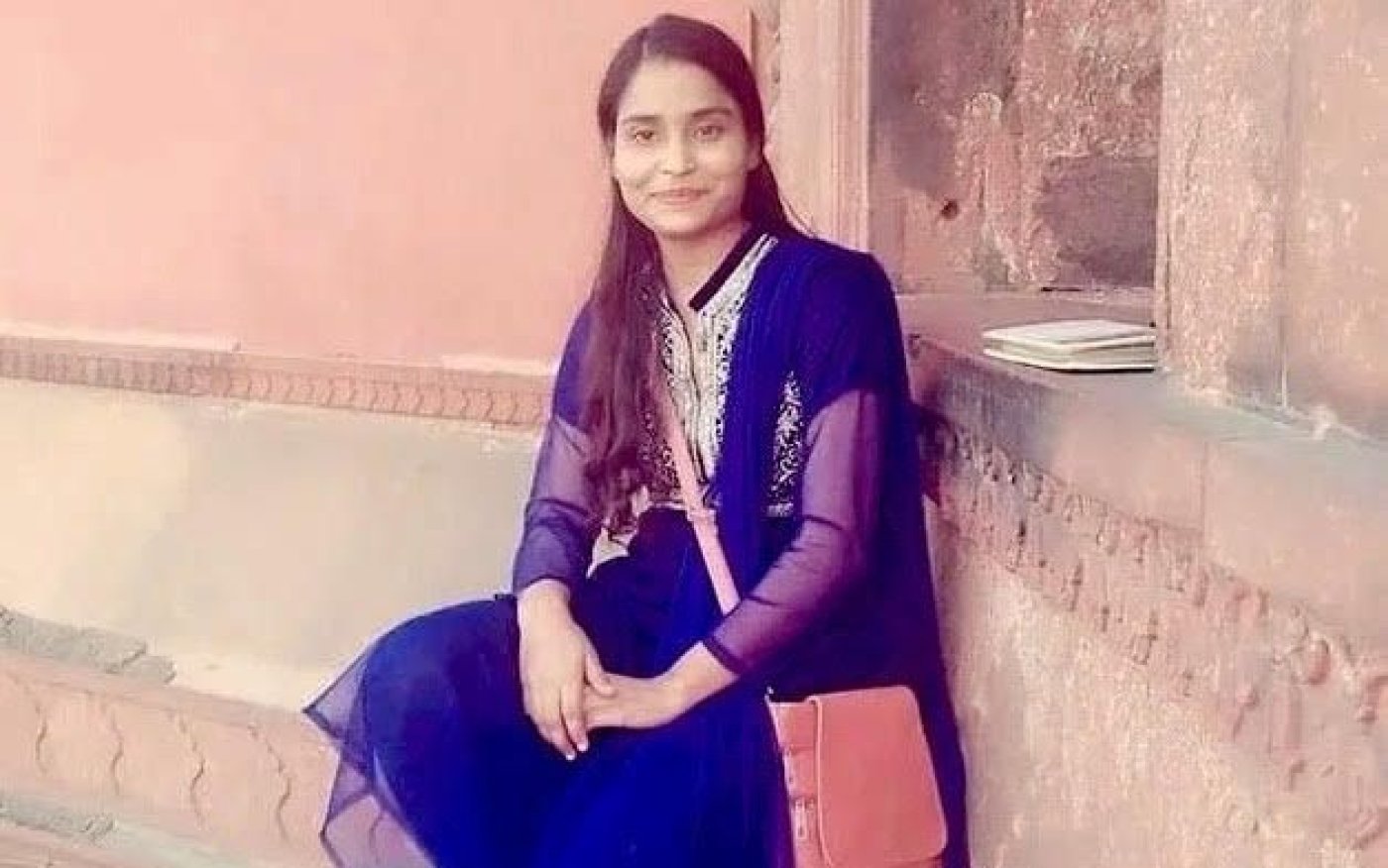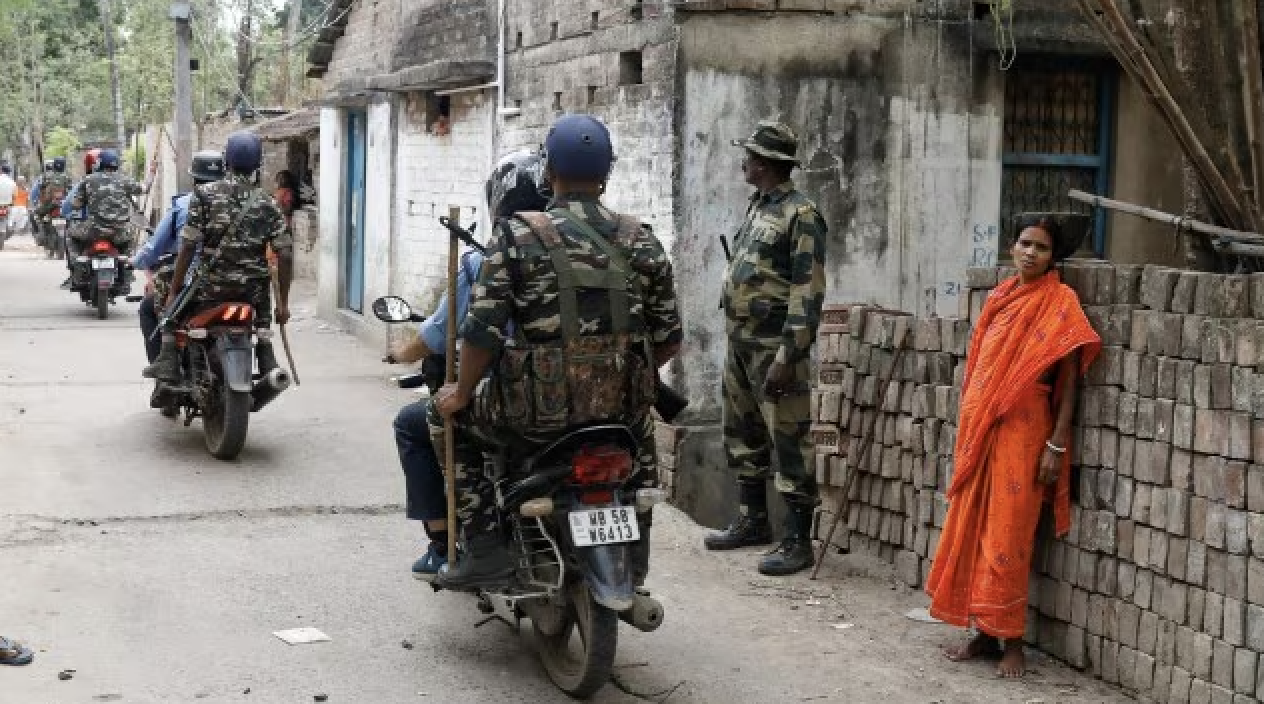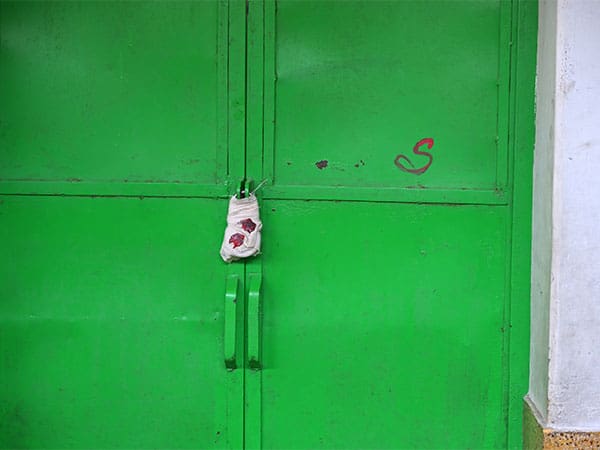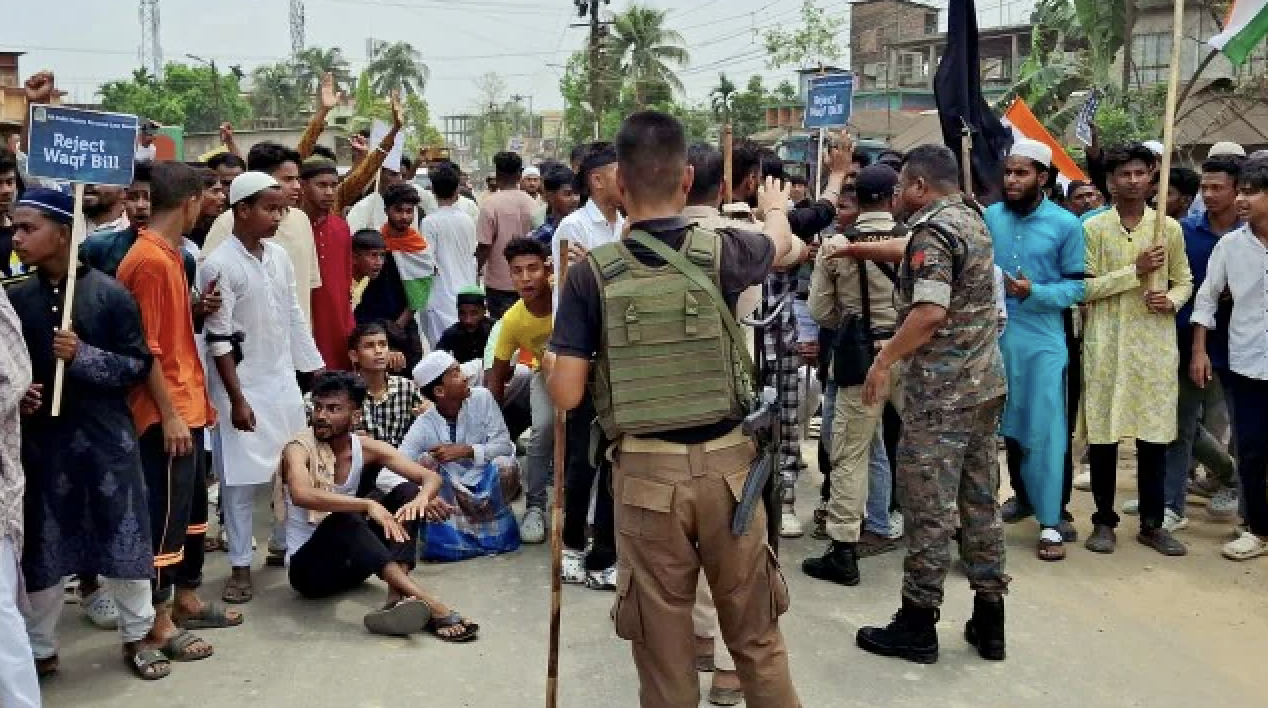
By Betwa Sharma
New Delhi: During court proceedings in March 2025, activist Gulfisha Fatima’s lawyer, Sarim Naved, responded to the most severe allegation the police had brought against her: several anonymous witnesses claimed said she had instructed people protesting against a controversial citizenship law in January and February 2020 to collect red chilli powder, glass bottles, acid bottles, sticks and stones and prepare to obstruct the roads.
On 4 March, Naved told additional sessions judge Sameer Bajpai of the Karkardooma district court, “There is not one page on the record of such things being recovered or such things being used.”
On 18 March, Naved said, “When they say red chilli powder and tehzab (acid), let them show one seizure memo, one panchnama (record of evidence). They have nothing like that. What do they have? Some protected witnesses.”
The hearings were for framing charges (the legal proceeding preceding the trial) in the so-called larger conspiracy case of the Delhi riots that investigates who was behind the communal violence, which resulted in the deaths of 53 in northeast Delhi in February 2020.
Even though the majority of those dead were Muslim and suffered more significant losses in property, this Delhi police case claims that the riots were organised and carried out by Muslims protesting the Citizenship Amendment Act (CAA), 2019, including Fatima, a Muslim woman from a lower-income area in northeast Delhi.
Plagued by the absence of medical, forensic and physical evidence, we have reported how the police have built this case, which includes grave charges such as engaging in a terrorist act, sedition, and murder, on inferences, assumptions, and countless anonymised witness statements, many of which were recorded months after the riots.
This story was originally published in article-14.com. Read the full story here.






